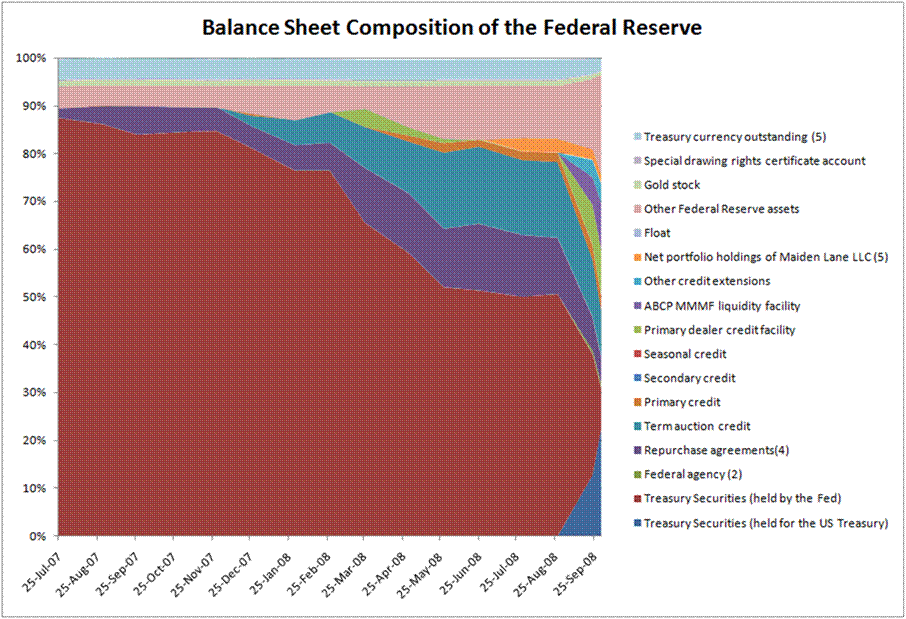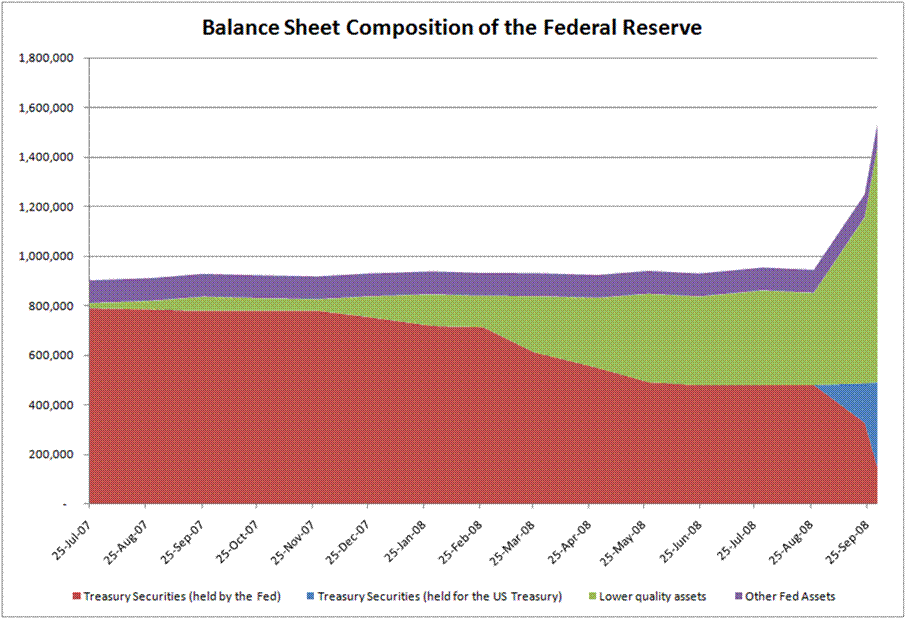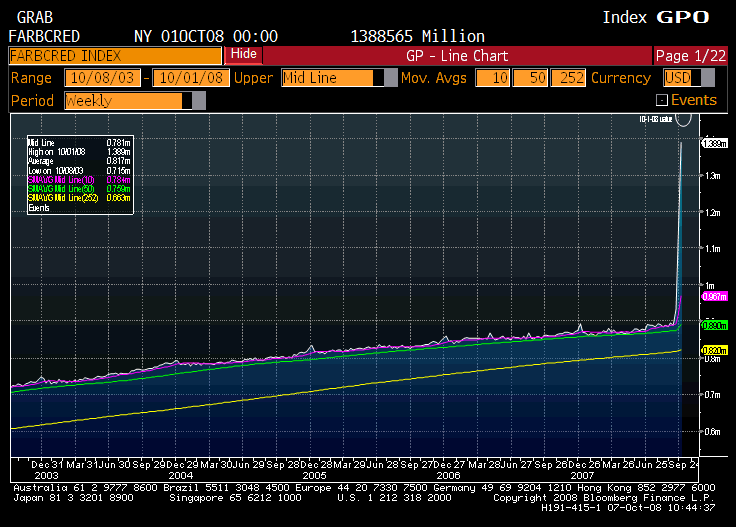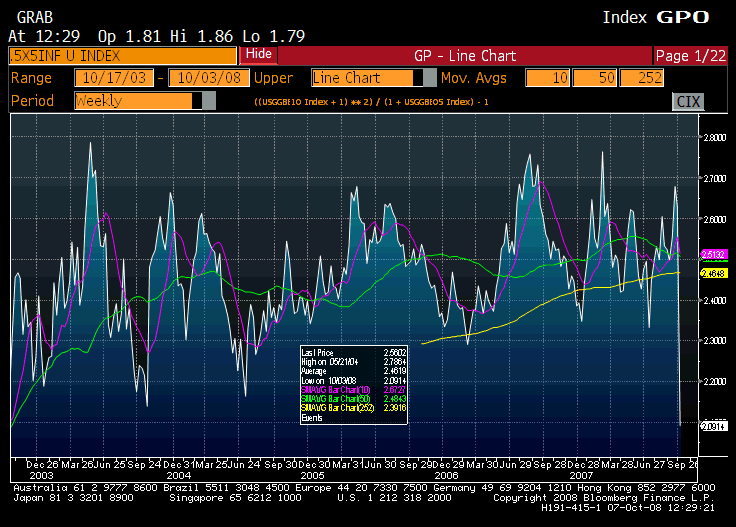IFRS: Incomparable Flexible Reporting Standards.
One housekeeping note before I start.? I made a small enhancement to the blog today.? I added a little link on the upper right, just below the banner that reads “Aleph Blog.”? If you click it, it brings you back to the home page.? I know that is how my banner is supposed to work, but I have not been able to get it to do that.
My first topic this evening is the SEC’s move to IFRS.? If you would like to protest this, the form is here.? Here is what I am submitting to the SEC:
=-=-==-=-=-=-=-=-=-=-=–=
Sirs,
I strongly oppose adopting IFRS in place of US GAAP.? I am not an accountant, but something more important, a user of financial statements.? I am a life actuary and a financial analyst.? I have been on both the preparation and use sides of accounting statements over the last 20+ years.
My first critique is that there is nothing that is that big of an improvement over US GAAP in IFRS, and many areas that seem less accurate.? I will handle those later.? My point here is that in order to justify the costs of retraining accountants and financial analysts, what ever is put into place needs to be a large improvement over GAAP.? IFRS is not that.? It will impose big costs on US corporations to re-tool their accounting, and the small corporations will be disproportionately affected.? In the end, I don’t think we will have materially better financial statements.
Perhaps accounting consulting fees will rise in the short run from the conversion, but that it not a reason to put the rest of us through the wringer.? Just as laws are too important to be left to lawyers only, in the same way, accounting standards are too important to be left to accountants only.
Second, there have been a number of studies done that show that US GAAP confers an advantage of lower capital costs on companies that use it versus IFRS.? Why raise capital costs on US corporations?
Third, IFRS will not unify accounting standards around the world, because the national implementations of IFRS are significantly different.? Here’s an idea, though:? Call US GAAP an implementation of IFRS.? WHo knows, it might become the preferred IFRS because of its relative strictness.
Fourth, IFRS is more squishy than GAAP because it is “principles-based.”? We use rules-based systems in the US because they offer legal protection regarding fraud in securities laws.? I would argue that IFRS is actually rules-based also, but with a less-tested set of rules.? The rules of US GAAP are large because they have grown to meet the complexities of accounting in the modern economy.? More below.
Fifth, the additional squishiness/flexibility will make it more difficult to compare results across companies, making the job of securities analysts more difficult.
Sixth, US GAAP is more investor-focused than IFRS. That’s why it lowers capital costs.
Seventh, value investors will benefit from IFRS because the income statements and balance sheets will be less reliable, which will force more investors to the cash flow statement, which is harder to fuddle.? Average investors will have a harder time investing, to the extent that they look at financial statements.
Eighth, does Congress really want to give up its sovereignty over US accounting rules?? I think not; all it will take is one significant scandal, and Congress will move away from IFRS.? The pressure toward globalization is weaker than most think.
Ninth, IFRS is weaker when it comes to revenue recognition, joint ventures, and accounting for fixed assets and intangibles.? In general, the ability to revise asset valuations up should be limited or nonexistent.? The ability to be flexible in recognizing revenue should be similarly limited.
In the American context, where we have dispersed ownership, we need conservative accounting rules that are comparable across companies.? The proposed move from US GAAP to IFRS is a step backward.? Please do not sacrifice our relatively good accounting standards for something less accurate and applicable to the needs of our nation and its securities markets.
Sincerely,
David J. Merkel, CFA, FSA








October 7th, 2008 at 9:58 am I think you pegged it calling it the Super-SIV. As I commented in late 2007 as the Fed began this series of interventions in lending markets, it is easier to start these actions than to complete them. It is hard to estimate all of the consequences.Just as I think George Bush, Jr., started to go wrong when he concluded that he had found his mission (fight terrorism, without boundaries), Ben Bernanke faces a similar problem (do whatever it takes to stop the Second Great Depression, without boundaries).
History is being made here, and it will be volatile?
And jck responded:
October 7th, 2008 at 10:14 am one thing we know for sure, is that the policy of ?promoting? liquidity appears to have backfired, no reasonable person would claim that markets are functioning better now than when they started?in fact some people would say they are a lot worse.
as you say David, very hard to get out of this, I don?t expect to see a normal Fed balance sheet, i.e treasuries_t-bills in my lifetime.
I will pop in for a comment on your euro piece a bit later?busy???